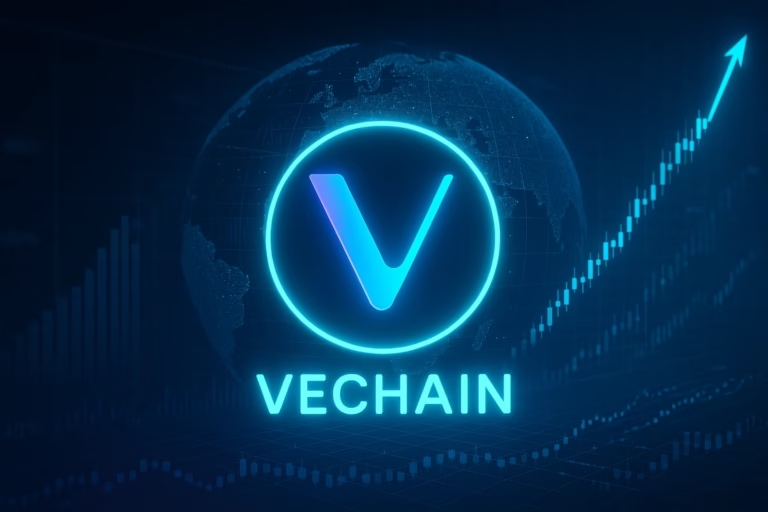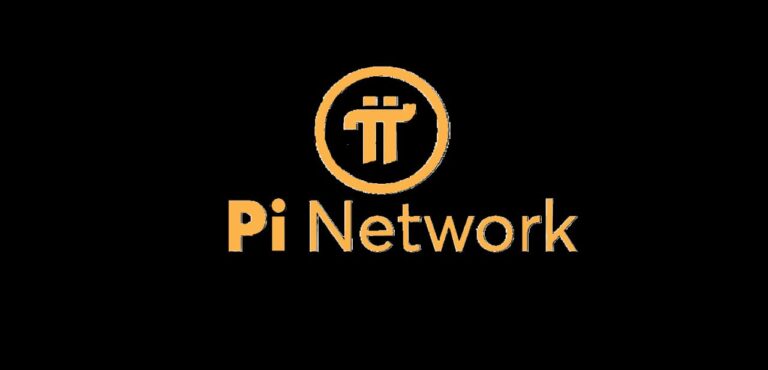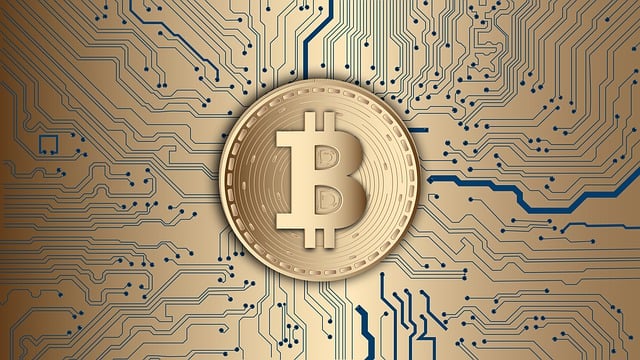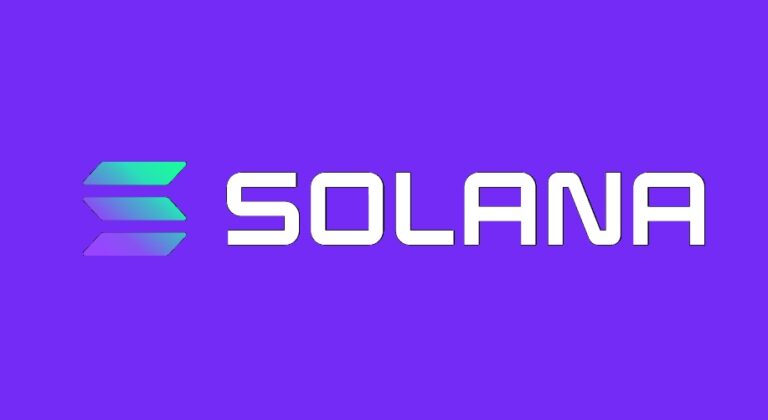
- Ripple President Monica Long predicts that major U.S. banks could launch market-ready tokenized asset offerings this year, provided regulatory clarity is achieved.
- With significant interest from top global banks and Ripple’s efforts in tokenizing real estate, tokenization is poised to transform the financial landscape by enhancing liquidity and market stability.
Ripple President Monica Long predicts a groundbreaking shift in the U.S. banking sector as large financial institutions prepare to embrace tokenized assets. According to Long, this transition could see major banks roll out market-ready tokenized asset offerings as early as this year, but only if regulatory clarity supports such innovation.
Why Tokenization Matters
Tokenization, the process of converting real-world assets into digital tokens on a blockchain, is gaining momentum in the financial world. Ripple’s president highlights that 15 of the world’s top 25 banks have already piloted tokenization projects, signaling growing interest in this transformative technology. Tokenization offers numerous benefits, including:
- Enhanced liquidity: Assets become easier to trade.
- Market stability: Crypto market volatility could decrease as banks custody digital assets.
- Greater inclusion: Smaller investors gain access to high-value assets like real estate.
Regulation: The Key to Unlocking Innovation
Despite its promise, tokenization’s success hinges on government regulations. Frank Chaparro, host of The Scoop podcast, recently argued that regulatory changes could empower banks to custody crypto assets, opening doors to a more robust crypto market.
Challenges such as de-banking and unfavorable policies that treat digital assets as liabilities on banks’ balance sheets remain significant barriers. However, with the U.S. government actively engaging crypto stakeholders and addressing these issues, there is growing optimism about regulatory clarity.
Ripple’s Role in Driving Tokenization
Ripple is positioning itself as a leader in tokenization. The company is targeting the real estate sector, a market projected to contribute significantly to the global tokenization industry, valued at $16 trillion by 2030.
For instance, Ripple collaborated with Hong Kong-based Fubon Bank in 2023 to pilot real estate tokenization. This initiative allowed users to leverage tokenized real estate as collateral for loans, combining blockchain efficiency with tangible assets.
The Road Ahead
As the financial sector navigates these developments, the implications of tokenized assets could be profound. However, Monica Long underscores that without regulatory clarity, these advancements may remain unrealized.
If regulatory frameworks align, 2025 could mark the dawn of a new era where tokenization becomes a mainstream financial tool, reshaping banking as we know it. The question now is: will the U.S. seize the opportunity to lead this digital transformation?




